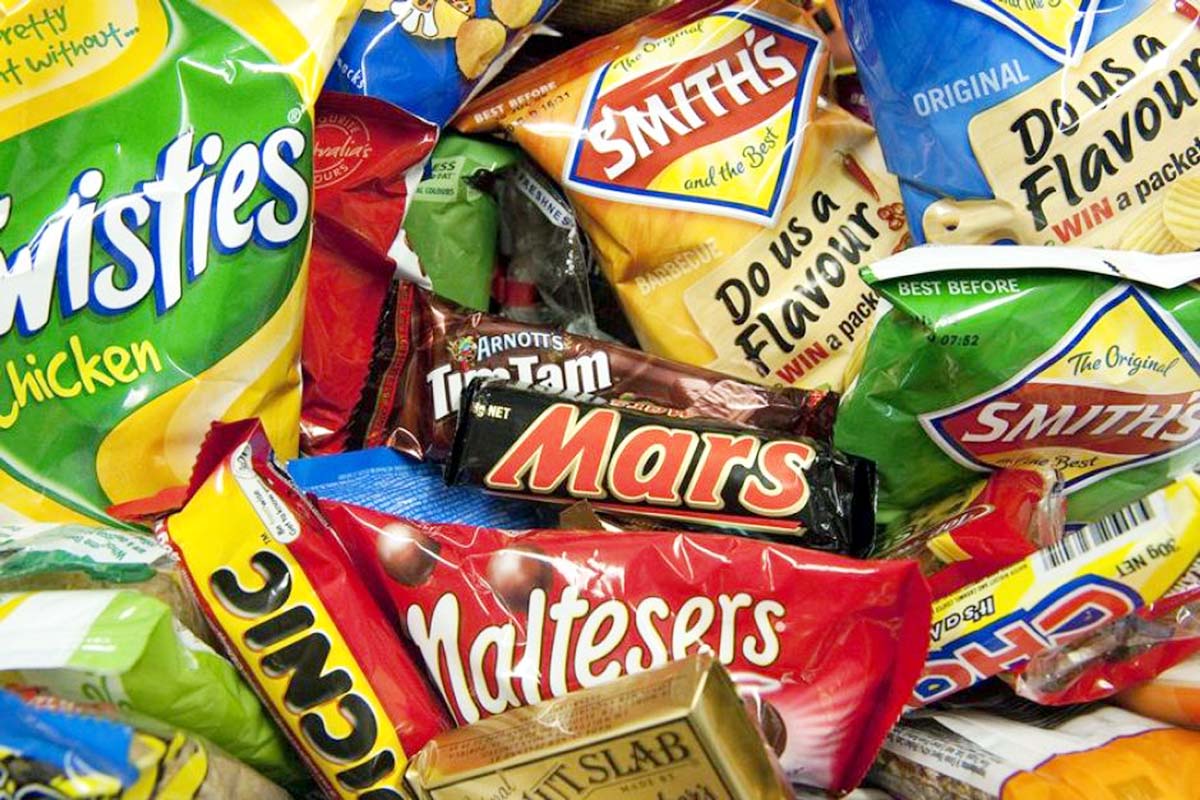Dr. Asha Singh
In our modern society, readymade junk food is preferred over homemade food and most of these ready to eat food items are packaged in containers made from plastic or are wrapped in newspapers, which add a melange of toxic chemicals to our food. Recent health controversies have spawned new discussions about the safety of using plastics newspapers and aluminium foil in food packaging.
Plastics play a part in every phase of food processing and packaging. Our food, whether it is hot gulabjamun, or tempting chutney, is always packed in plastic bags or containers. At home, we store and reheat the leftovers in plastic containers. In fact, Indians are in common habit of sipping hot cups of tea purchased from railway stations and roadside vendors, especially in rural areas due to unawareness.
Various chemicals like polyvinyl chloride, polyethylene, polystyrene and bisphenol A (BPA) are disseminated from plastic bags and consuming food or a hot drink from plastic containers leads to various complications in the human body that may lead to cancer, heart diseases, and other reproductive problems.
Additionally, the sparkling plastic lunch boxes available in candy colours catch the fancy of our school going toddlers. Many cheap, poor grade plastic lunch boxes containing BPA are available in Indian market with attractive colours and designs, that finds easy way into our home and packing hot food in these lunch boxes may lead to poor brain development of our young cohort with an increased risk for certain cancers. Although, some high quality lunch boxes are marked “BPA-free”, now, it turns out that chemicals used instead of BPA, including bisphenol S and F, are as hormonally active as bisphenol A. BPA, BPS, BPF and some phthalates (added as plasticizers) are endocrine disruptors, meaning they can mimic the body’s natural hormones that regulate metabolism, growth, brain function and reproduction and thereby cause a raft of health problems. Infants and the very young are most vulnerable to exposure because of their lower body weight and their growth and development are strongly influenced by hormones and thus, their effects on health can be lifelong.
Another problematic packaging material in Indian scenario is cheap and easily available “newspaper”. Although, the use of newspaper in packaging has been discontinued in most of the urban areas, in our rural areas due to ignorance, newspapers are still used to wrap and serve food like Jalebi, or to absorb excess oil from fried food like Puri and Pakoras. Wrapping food in newspapers is an unhealthy practice and the consumption of such food is injurious to health, even if the food has been cooked hygienically. Indians are being slowly poisoned due to newspapers being widely used as food packaging material by small hotels, vendors and also in homes in lieu of absorbent paper.
Printing ink, used for printing newspapers, may contain bioactive materials, harmful colours, pigments, binders, additives, preservatives, chemical contaminants and even pathogenic microorganisms that may pose potential risk to human health. The Food Safety and Standards Authority of India (FSSAI) has asked commissioners of food safety of all states and Union territories to take necessary steps to restrict the use of newspapers for packing, serving and storing of food items as the newspaper ink can contaminate food items. Older people, children and people with compromised vital organs and immune systems are at a greater risk of acquiring cancer-related health complications, if they are exposed to food packed in such materials.
Another material popularly used for packaging our food is aluminium foil. In fact, almost every third home in India uses aluminium foil to wrap food and also use it during baking fish, roasting vegetables or preparing a piece of meat in oven. Aluminium doesn’t just appear in foil, it is the most popular cookware material used by people in developing countries. Research has revealed that while using aluminium foil for packing hot and acidic or spicy food, aluminium from the foil leach into the wrapped meal. Studies have suggested that high aluminium intake is a main cause of Alzheimer’s disease which destroys memory and other mental functions. Everyday use of aluminium foil causes mental side effects as it reduces the growth rate of human brain cells. Aluminium is also harmful to some patients with bone diseases or renal impairment.
Thus, there is an urgent need to discourage the use of plastics, newspapers and aluminium foil as food packaging material by creating awareness among businessman, especially, unorganized food business operators, street vendors and above all, the consumers, about the harmful effects of different toxins that we are ingesting unknowingly thus, inviting a group of deadly diseases.
(The author is Assistant Professor, Deptt. of Environmental Sciences, GDC Majalta)


